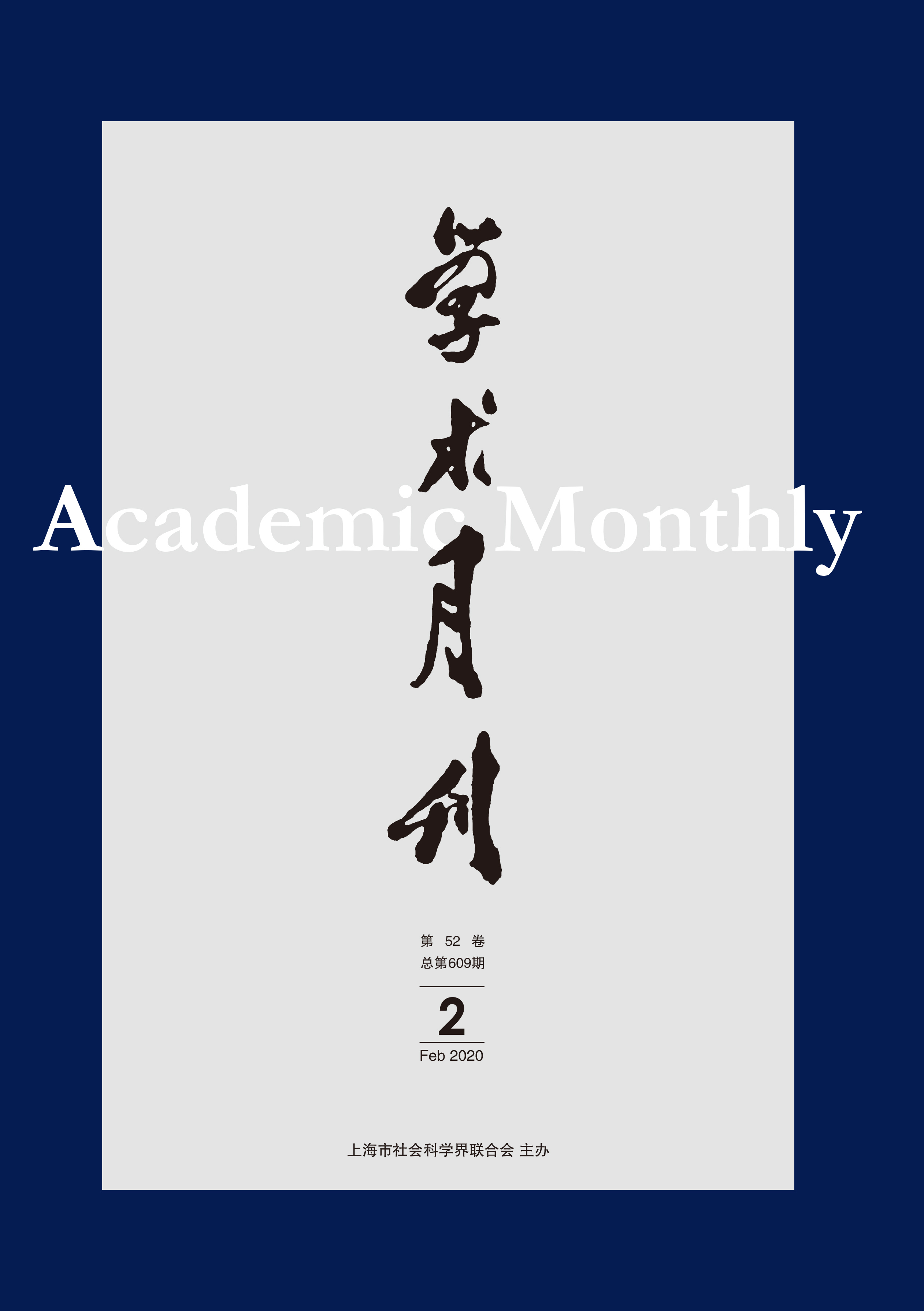Forestry Economy and Local Society of Mountain Areasin Ming and Qing Periods
- Available Online: 2020-02-01
Abstract: Primarily based on extant contracts from Yongtai County, Hokkien, this article investigates the forestry economy and local society of the mountain areas in Ming and Qing periods. In the process of the development of these regions, local lineages controlled the mountain resources based on the Lijia(“里甲”) household register and the tax and service system. Immigrants developed a diversified forestry economy through leasing hillsides. The conflicts between locals and immigrants led to the congregation of the local people for self-protection, and formed the mountain settlement pattern that combined villas and fortresses. With the localization of immigrants, the development of lineages and organizations in the villages became popular, and formed a social-cultural tradition that merged village communities and lineages.



 沪公网安备 31010102003103号
沪公网安备 31010102003103号 DownLoad:
DownLoad: